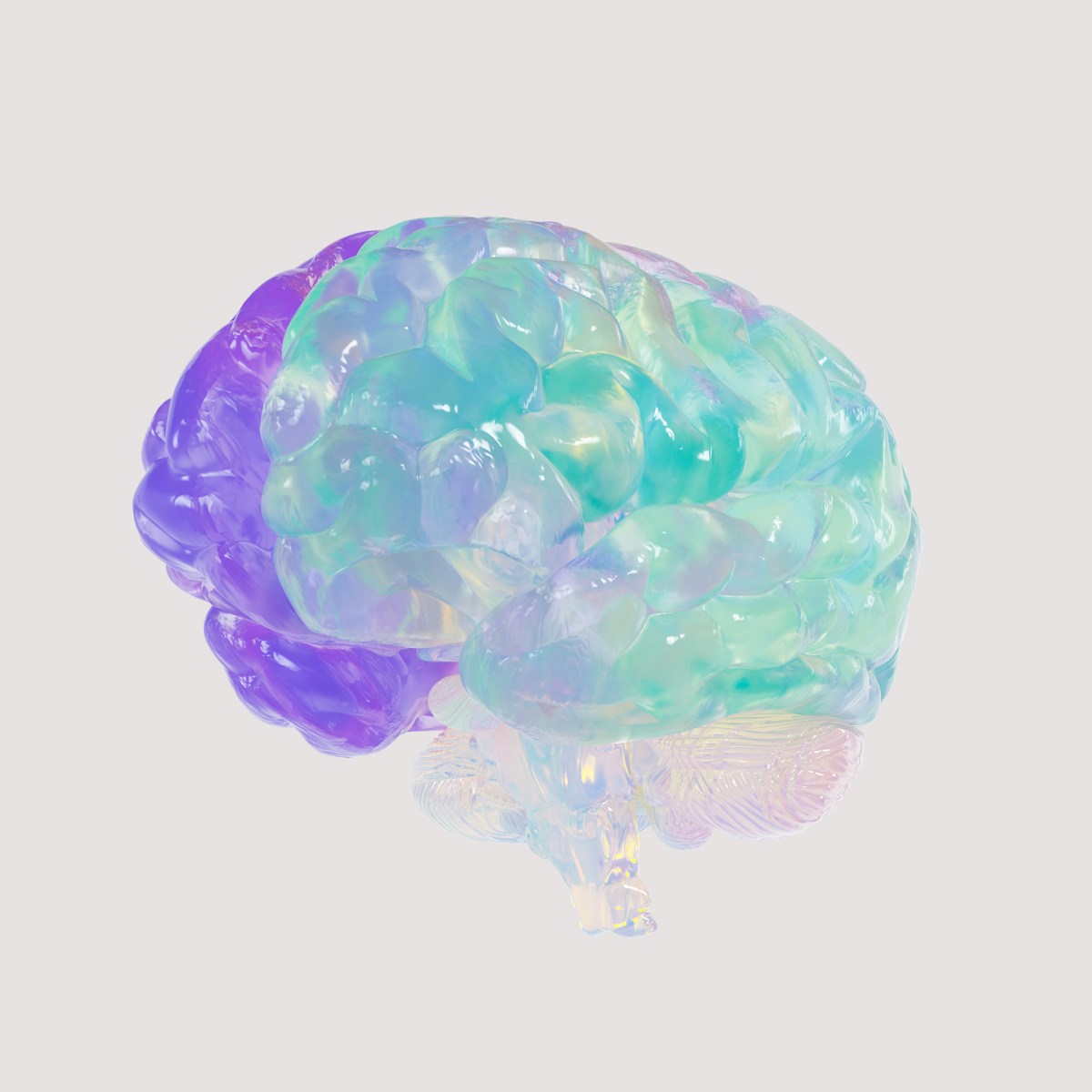International Suicide Hotlines: https://www.opencounseling.com/suicide-hotlines
One person will die by suicide every 40 seconds.
This means that more than 700,000 people around the world will take their own lives every year.
It is a terrifying figure, yet there appears to be little to no conversation about suicide. Like many topics which are considered taboo, one way of reducing stigma around it is to talk about it. It is not an issue that will disappear any time soon and with World Suicide Prevention Day (10th September) on the horizon, let us go into this topic in more depth.
WHAT IS SUICIDE?
Suicide is an intentional and harmful act used by people to end their own lives. This is different to a suicide attempt, in which someone has tried to take their own life but did not die as a result. Nevertheless, it is one of the leading causes of death across the globe.
WHO IS AT RISK?
Any person can be at risk of suicide. Nevertheless, there are primary factors that can further increase this risk. This includes but is not limited to:
- Mental illnesses such as depression, substance abuse disorder, PTSD etc.
- Family history of mental illness, suicide and suicide attempts
- Family history of violence and abuse
- Direct or indirect exposure to others’ self-harm and suicidal behaviour
- Experiences with chronic illnesses and pain
- Traumatic brain injuries
- Exposure to prolonged stress such as unemployment, rejection, loss, etc.
It should also be noted that while any person can become suicidal, certain demographics are at more risk of attempting and dying by suicide than others. Women, for example, are more likely to attempt suicide than men. Yet men are more likely to die by suicide than women.
In addition to this, indigenous people are more likely to die by suicide. In fact, a report by Statistics Canada (2011-2016) found that First Nations, Inuit and Métis people die by suicide at a rate three times higher than non-indigenous Canadians. This statistic is similar to studies examining suicidality among Aboriginal people in Australia, where 95% of the Aboriginal population has been affected by suicide.
WHAT ARE THE SIGNS THAT SOMEONE IS SUICIDAL?
There are several signs to look out for, such as:
- The person talks about wanting to hurt or kill themselves
- The person feels hopeless about their future and feels there is no way out
- The person becomes preoccupied with topics such as violence, dying and death.
- The person isolates themselves from loved ones
- The person abuses alcohol or drugs at a higher rate
- The person begins to give away personal items and gets their affairs in order
- The person may suddenly acquire lethal weapons (e.g., buying a gun)
- The person may take more risks that could endanger their lives (e.g., speeding on a highway without a seatbelt)
WHAT CAN I DO TO HELP?
If you suspect that someone is feeling suicidal, know that it is okay to talk to them about it. Listen without judgement, keep an open mind and ask directly if they are contemplating suicide. Research has shown that people who are having thoughts of suicide often feel relief when someone asks about their feelings in a compassionate way. You can also suggest that they seek professional help and even offer options for mental health services.
However, if the person is in immediate danger of suicide:
- Don’t leave the person alone
- Remove items that can cause harm (e.g., knives, guns, razors)
- Immediately contact a local emergency hotline and ask for an ambulance
- Immediately contact their loved ones to tell them what is going on
Moving Forward
We must have conversations about suicide – we need to spread the word about what it is and what we can do to prevent it. There is always someone willing to talk about it and help, whether it be a loved one, counsellor, therapist or support group. Further, there are many treatments available to reduce feelings of suicidality such as therapy and/or taking medication.
It is important to know that no one is alone in feeling this way and that their existence is valuable, significant and important. That they keep holding on until things can get better. There is always hope.
International Suicide Hotlines: https://www.opencounseling.com/suicide-hotlines









